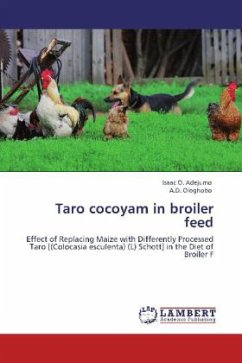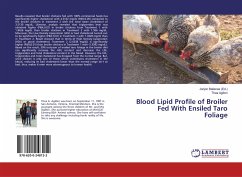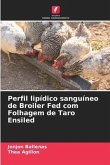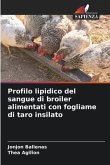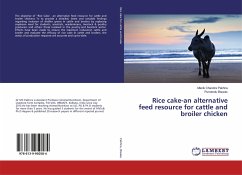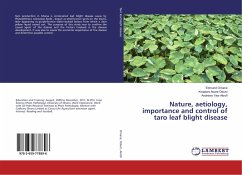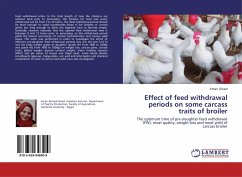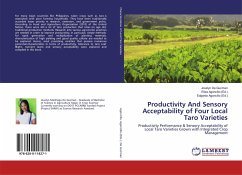The results of this study revealed that boiling of Colocasia esculenta resulted in a significant improvement over the raw taro cocoyam and peels in most of the parameters measured. Boiling and sun-drying had a positive improvement on improving the nutritional level and utilization of taro cocoyam meal as a livestock feed ingredient. However, replacing maize with raw taro cocoyam in broiler finisher feed is not encouraged. It can thus be recommended that boiled, sun-dried Colocasia esculenta be included in formulating broilers diet as this will not only reduce the cost of production, but eventually increase productivity, taro requiring low cost of processing and readily available. It is also less competed for by human beings. Further studies should be geared towards positive utilization of the antinutritional factors contained in this potential livestock feed ingredient.

